Al-Badri and Al-Shatri are the leading candidates… The coordinating body will decide in today’s meeting.
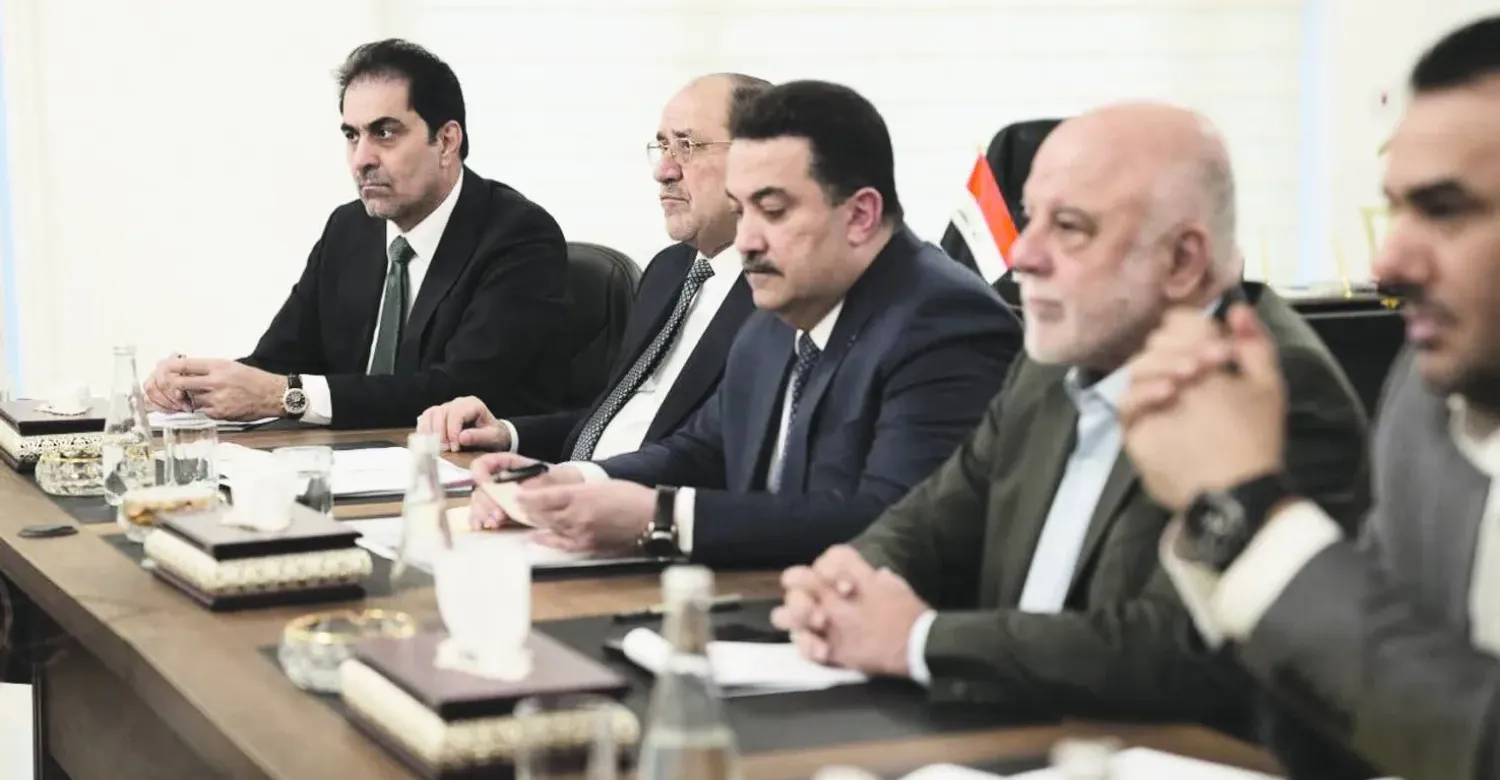 On Monday, Fahd al-Jubouri, a leader in the Hikma Movement, revealed the priorities of the meeting of the leaders of the coordinating framework that includes the Shiite forces, which is scheduled to be held this evening, to decide on the selection of the new prime minister and the issue of electoral entitlements.
On Monday, Fahd al-Jubouri, a leader in the Hikma Movement, revealed the priorities of the meeting of the leaders of the coordinating framework that includes the Shiite forces, which is scheduled to be held this evening, to decide on the selection of the new prime minister and the issue of electoral entitlements.
Al-Jubouri told Shafaq News Agency that “the priorities of today’s coordination framework meeting will focus on the mechanism for selecting the prime minister and choosing a name from among the nine names put forward for discussion. There are internal understandings to reach three people, and a name may be put forward from outside the nine nominated names, but the framework meeting will be dedicated to choosing a name from among these names.”
He added that “the meeting will also focus on the importance of urging the Kurdish political establishment to choose a single representative for the position of President of the Republic, in addition to discussing the electoral entitlements related to ministries and other positions, as there is a committee formed by the framework in this regard, headed by Nouri al-Maliki, which will discuss the results of its work.”
Al-Jubouri pointed out that “the names currently being considered for the premiership are Basim al-Badri and Hamid al-Shatri, and these two figures have a strong chance of assuming the premiership during the next phase, with the possibility of adding a third name from outside the nine names in the event that they are not agreed upon by the forces of the Coordination Framework.”
The leader of the Wisdom Movement concluded his remarks by saying that “there is no political deadlock within the coordination framework regarding the nomination of the prime minister, contrary to what some are promoting. Dialogues are ongoing and negotiations are underway, and there are bilateral and trilateral meetings between the parties of the coordination framework. Therefore, there is no political deadlock, and within a few days the new prime minister agreed upon by the forces of the coordination framework will be announced.”
For his part, MP Amer Al-Fayez, a leader in the Coordination Framework, confirmed that the framework will hold a meeting this evening to discuss the mechanism for selecting the Prime Minister, indicating that today’s meeting will not decide on the name of the candidate for this position.
The winner told Shafaq News Agency that there are nine candidates being considered for the position of Prime Minister, namely Mohammed Shia al-Sudani, Nouri al-Maliki, Haider al-Abadi, Qasim al-Araji, Basim al-Badawi, Hamid al-Shatri, Ali al-Shukri, in addition to three other candidates.
He added that the decision on the coordinating framework’s candidate for the position of Prime Minister may be delayed, but this matter will be decided as soon as possible.
It is worth noting that a source revealed to Shafaq News Agency yesterday that the leaders and chiefs of the Shiite House will hold their periodic meeting this evening, Monday, which will be dedicated to discussing the paths or mechanisms for deciding the identity of the Prime Minister.
The Coordination Framework forces affirm that there is no political deadlock in the selection of the next Prime Minister, stressing their commitment to the constitutional timelines, and considering that the resolution of this position will come in its final stage after the election of the President of the Republic.
Members of the framework told Shafaq News Agency that there is progress and convergence within the framework, with political dialogues continuing, pending the completion of the election of the President of the Republic, after which the framework’s candidate will be announced to form the new government in accordance with constitutional procedures.
Shafaq.com
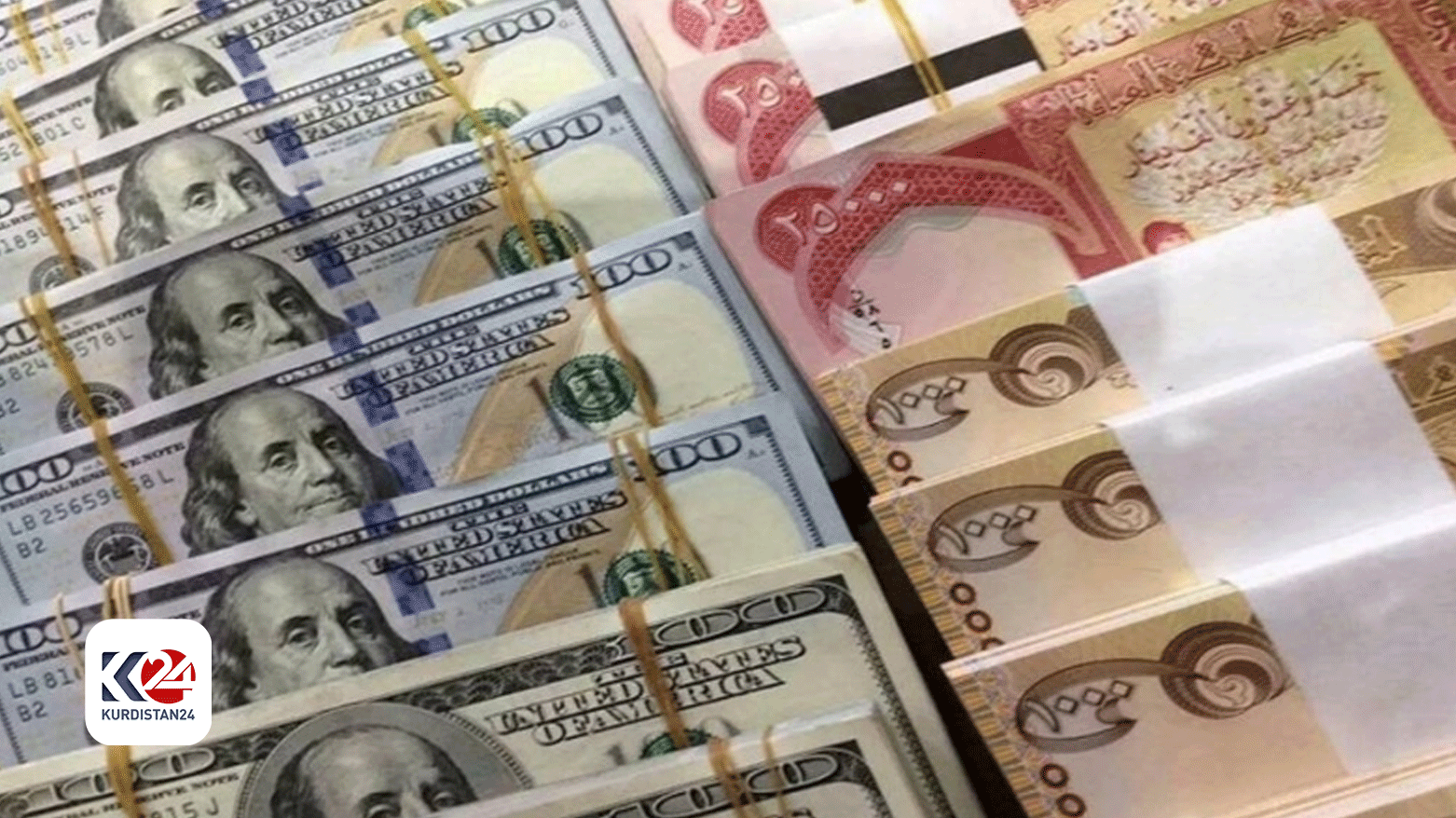 Economic expert Nabil Al-Ali ruled out on Wednesday the possibility of the government reconsidering the exchange rate of the dollar or raising it to between 150,000 and 160,000 dinars per 100 dollars, as has been circulating in some media outlets. He emphasized that such a decision is extremely sensitive and carries significant economic and social repercussions, making it unlikely that the government would resort to it.
Economic expert Nabil Al-Ali ruled out on Wednesday the possibility of the government reconsidering the exchange rate of the dollar or raising it to between 150,000 and 160,000 dinars per 100 dollars, as has been circulating in some media outlets. He emphasized that such a decision is extremely sensitive and carries significant economic and social repercussions, making it unlikely that the government would resort to it.
 Member of Parliament, Mona al-Gharabi, confirmed on Wednesday that the caretaker prime minister’s raising of tax rates is a clear violation of constitutional provisions and an overreach of legislative authority.
Member of Parliament, Mona al-Gharabi, confirmed on Wednesday that the caretaker prime minister’s raising of tax rates is a clear violation of constitutional provisions and an overreach of legislative authority. On Wednesday, a source within the coordination framework revealed details of the last meeting of the Shiite House forces, which was dominated by an atmosphere of tension and conflict due to the intransigence of the two main candidates, Muhammad Shia al-Sudani and Nouri al-Maliki, regarding their right to obtain the title of the next Prime Minister.
On Wednesday, a source within the coordination framework revealed details of the last meeting of the Shiite House forces, which was dominated by an atmosphere of tension and conflict due to the intransigence of the two main candidates, Muhammad Shia al-Sudani and Nouri al-Maliki, regarding their right to obtain the title of the next Prime Minister.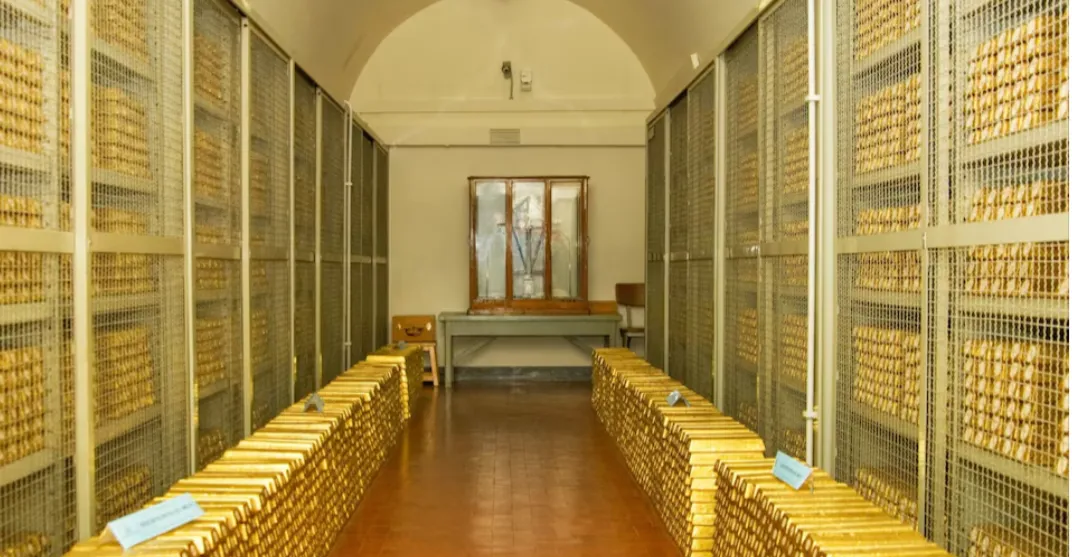 The World Gold Council announced on Wednesday that Iraq maintained its global ranking with reserves exceeding 170 tons of gold, without any change.
The World Gold Council announced on Wednesday that Iraq maintained its global ranking with reserves exceeding 170 tons of gold, without any change.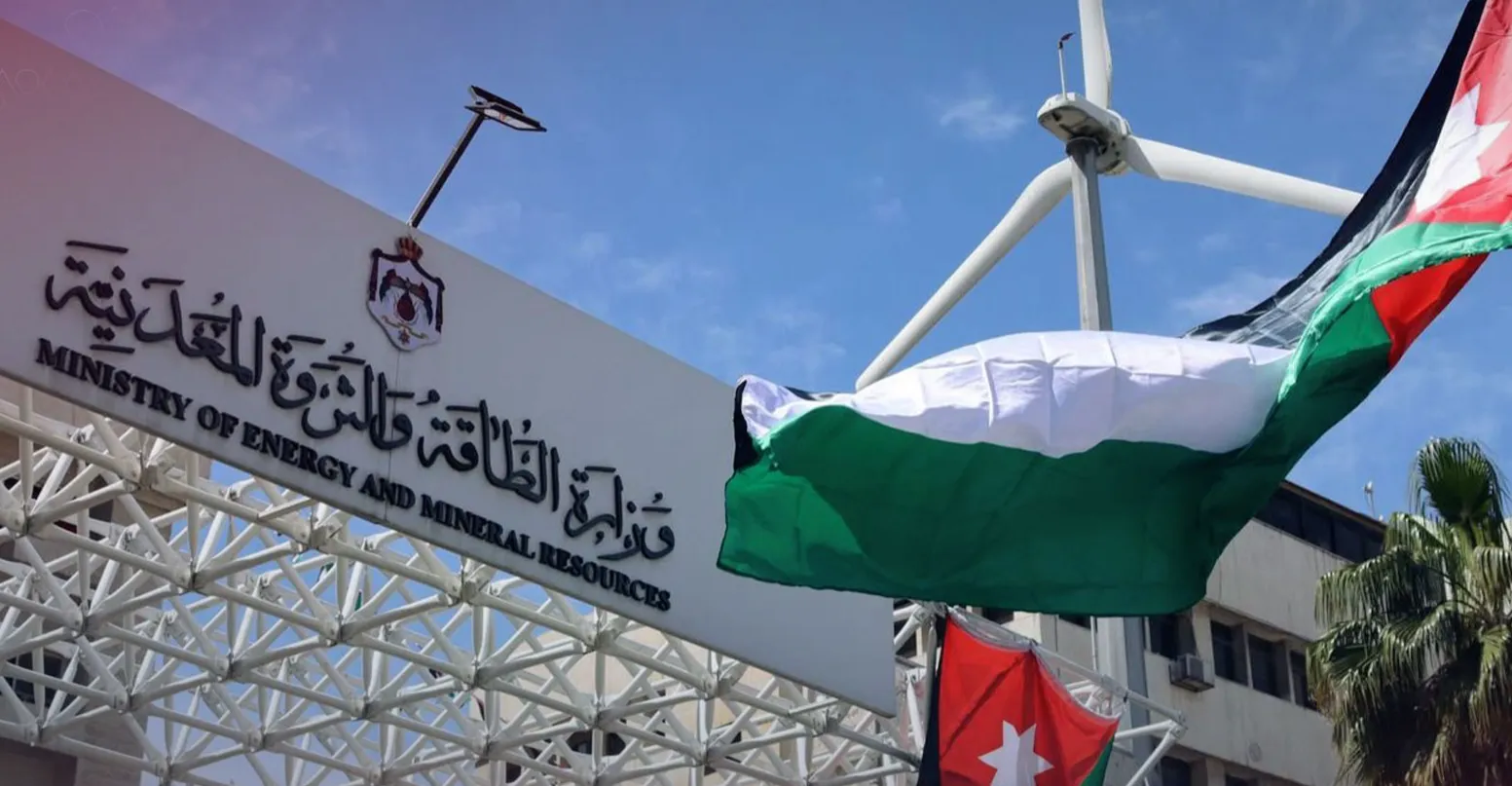 Jordan’s Ministry of Energy and Mineral Resources revealed on Wednesday that it is seeking to renew the memorandum of understanding for importing Iraqi oil under the same terms and specifications as the previous agreement.
Jordan’s Ministry of Energy and Mineral Resources revealed on Wednesday that it is seeking to renew the memorandum of understanding for importing Iraqi oil under the same terms and specifications as the previous agreement.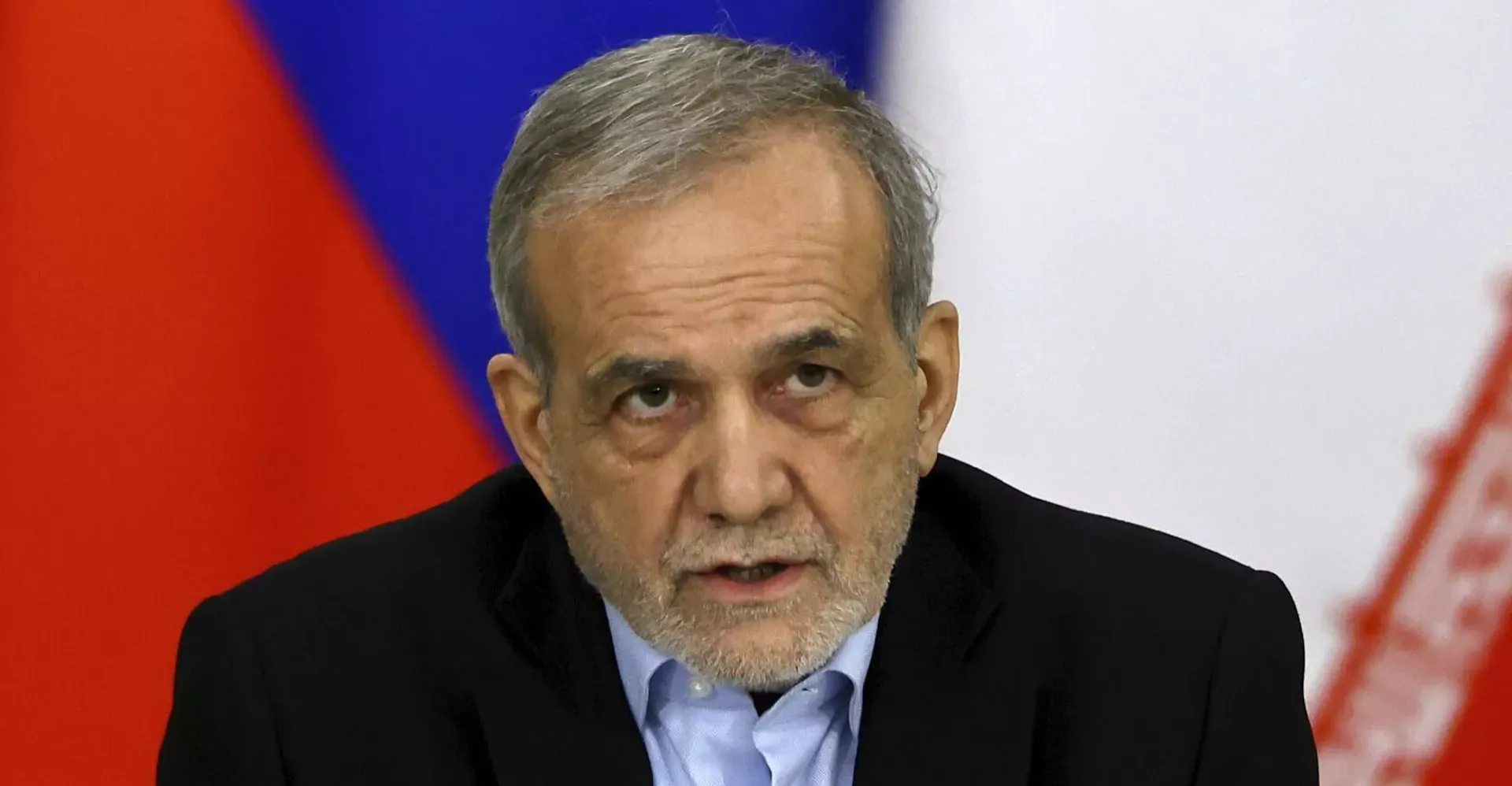 Iranian President Masoud Pezeshkian on Wednesday called on law enforcement agencies not to use violence against protesters, stressing the right of citizens to peacefully express their views.
Iranian President Masoud Pezeshkian on Wednesday called on law enforcement agencies not to use violence against protesters, stressing the right of citizens to peacefully express their views.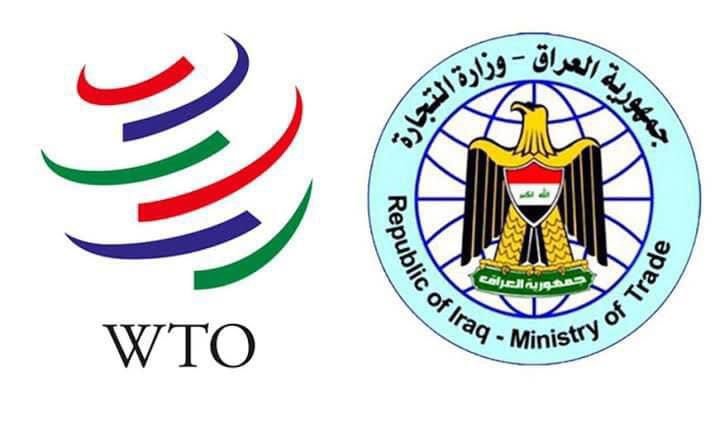 The International Trade Centre, a United Nations agency, confirmed that Iraq has made clear progress in its steps towards joining the World Trade Organization.
The International Trade Centre, a United Nations agency, confirmed that Iraq has made clear progress in its steps towards joining the World Trade Organization.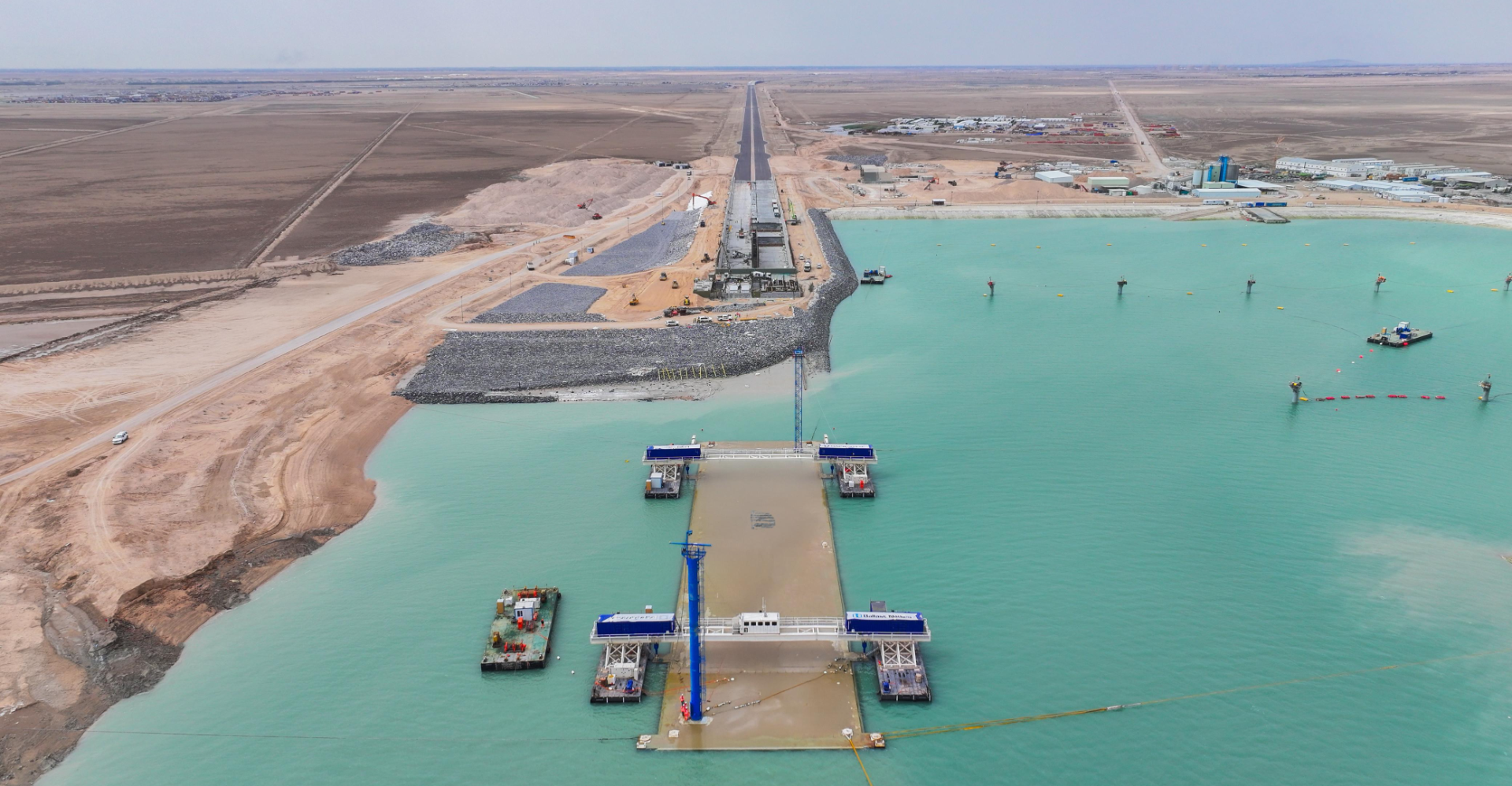 The Director General of Iraqi Ports, Farhan Al-Fartousi, announced today, Monday, that Iraqi ports ended 2025 with advanced operational and financial indicators, stressing the company’s readiness to enter 2026 with economic and commercial change plans, while indicating the start of operations during 2026 for the Grand Faw Port.
The Director General of Iraqi Ports, Farhan Al-Fartousi, announced today, Monday, that Iraqi ports ended 2025 with advanced operational and financial indicators, stressing the company’s readiness to enter 2026 with economic and commercial change plans, while indicating the start of operations during 2026 for the Grand Faw Port. On Monday, Fahd al-Jubouri, a leader in the Hikma Movement, revealed the priorities of the meeting of the leaders of the coordinating framework that includes the Shiite forces, which is scheduled to be held this evening, to decide on the selection of the new prime minister and the issue of electoral entitlements.
On Monday, Fahd al-Jubouri, a leader in the Hikma Movement, revealed the priorities of the meeting of the leaders of the coordinating framework that includes the Shiite forces, which is scheduled to be held this evening, to decide on the selection of the new prime minister and the issue of electoral entitlements.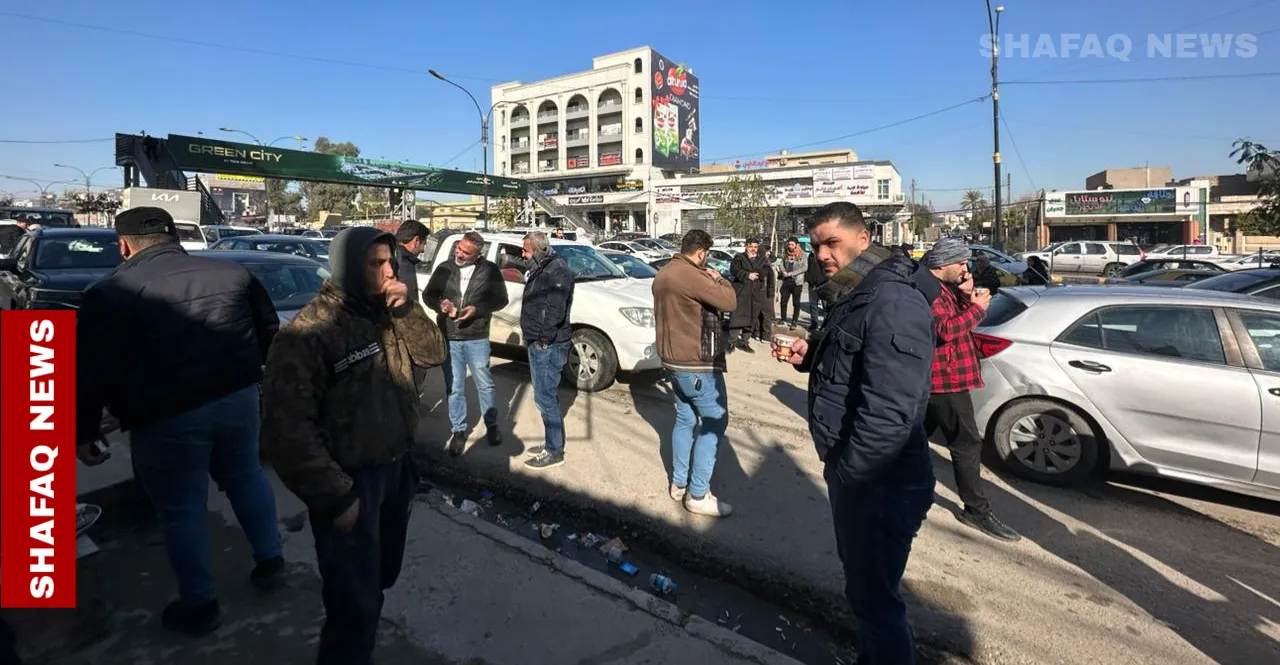 On Monday, Abdullah Al-Jiro, the head of the money changers’ union in Nineveh Governorate, revealed a cash liquidity crisis affecting banks in Mosul, which has delayed payments to money changers, prompting some of them to spend the night in front of banks hoping to receive their money.
On Monday, Abdullah Al-Jiro, the head of the money changers’ union in Nineveh Governorate, revealed a cash liquidity crisis affecting banks in Mosul, which has delayed payments to money changers, prompting some of them to spend the night in front of banks hoping to receive their money.